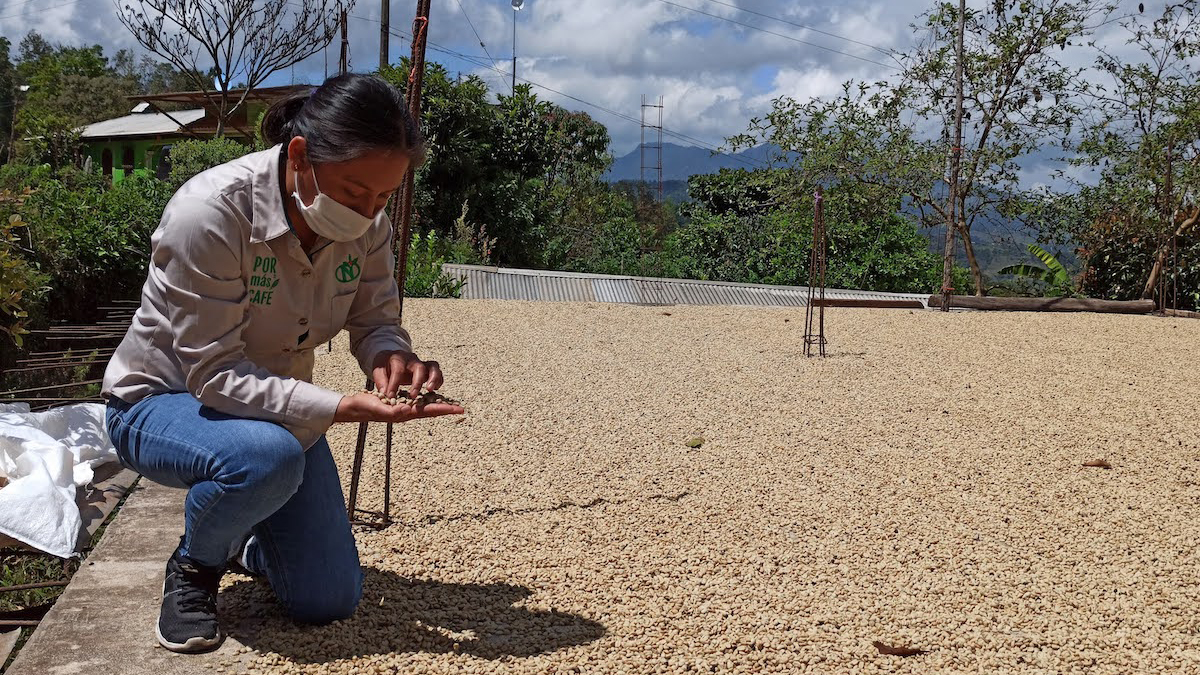July 2022
A United Nations economist, speaking to the challenges of addressing climate change and global hunger — which can be at odds — offered NKG Bloom as a model for the type of solutions needed.
At the United Nations in 2015, 193 countries pledged to end global hunger by 2030.
Maximo Torero, chief economist of the Food and Agriculture Organization of the United Nations, offered a reminder of that pledge in a recent opinion piece in Project Syndicate, an online news outlet offering content to media sources around the globe. The likelihood of meeting the goal, he noted, appears “bleak.”
Torero’s article specifically centers on the difficulty of addressing hunger — 811 million people suffer from hunger, he writes, and more than 130 million more were additionally designated as malnourished during the pandemic — which can seem exacerbated by, or in direct conflict with, the likewise critical goal of addressing climate change.
“We need a solution that feeds the most mouths without endangering the planet,” Torero writes. “Finding a workable plan requires looking at food systems holistically — a major departure from the current siloed approach.”
One means of accomplishing this, he notes, is greater collaborations between governments and the private sector, which is increasingly motivated to promote sustainability. He then offers the example of NKG Bloom and the financial facility that was created to support it.
“…the U.S. and Dutch governments have been working with the Germany coffee company Neumann Kaffee Gruppe and three European banks to provide a $25 million loan to small farmers … for sustainable coffee production,” writes Torero. Historically, he adds, small farmers have been shut out of financial services and so are unable to prove their creditworthiness, which has caused commercial lenders to treat them as a high-risk group.
What swayed the banks, he continues, was the agreements of NKG and the Dutch and U.S. governments to absorb some of the losses, “should it not pan out.”
Indeed, there is risk involved for NKG. “We have skin in the game,” as NKG Group CEO David M. Neumann puts it. But that risk is worthwhile for the enormous potential for meaningful change that it creates, both for individuals and the coffee industry.
To date, nearly 82,000 farmers have elected to participate in NKG Bloom, which seeks to empower smallholder farmers to run their farms at full potential and enter pathways out of poverty. In Mexico alone, more than 4,725 farmers are now participating and on average have increased their productivity from 7 bags per hectare to approximately 19 bags per hectare. In Uganda, more than 10,000 farmers (167 farmer groups) are participating, and production has increased from 7 bags per hectare to nearly 14 bags, which dramatically impacts household incomes. As a result, farmers have described not only better food security, but the ability to pay school fees and to improve their homes with better roofs and electric lights.
NKG Bloom Farmer Services Units (FSU) also work with farmers to help them meet essential environmental criteria, such as ensuring that aquatic and terrestrial ecosystems on agricultural land are identified and protected; that water sources are identified and used responsibly; and that waste is properly collected and disposed of. They also distribute fruit-tree seedlings for farmers to intercrop with their coffee, which both improves coffee production and creates additional sources of nutrition and income.
“Saving the planet does not have to come at the expense of feeding the poor, and vice versa,” concludes Torero. “…It’s still not too late to wipe out hunger by 2030.”

